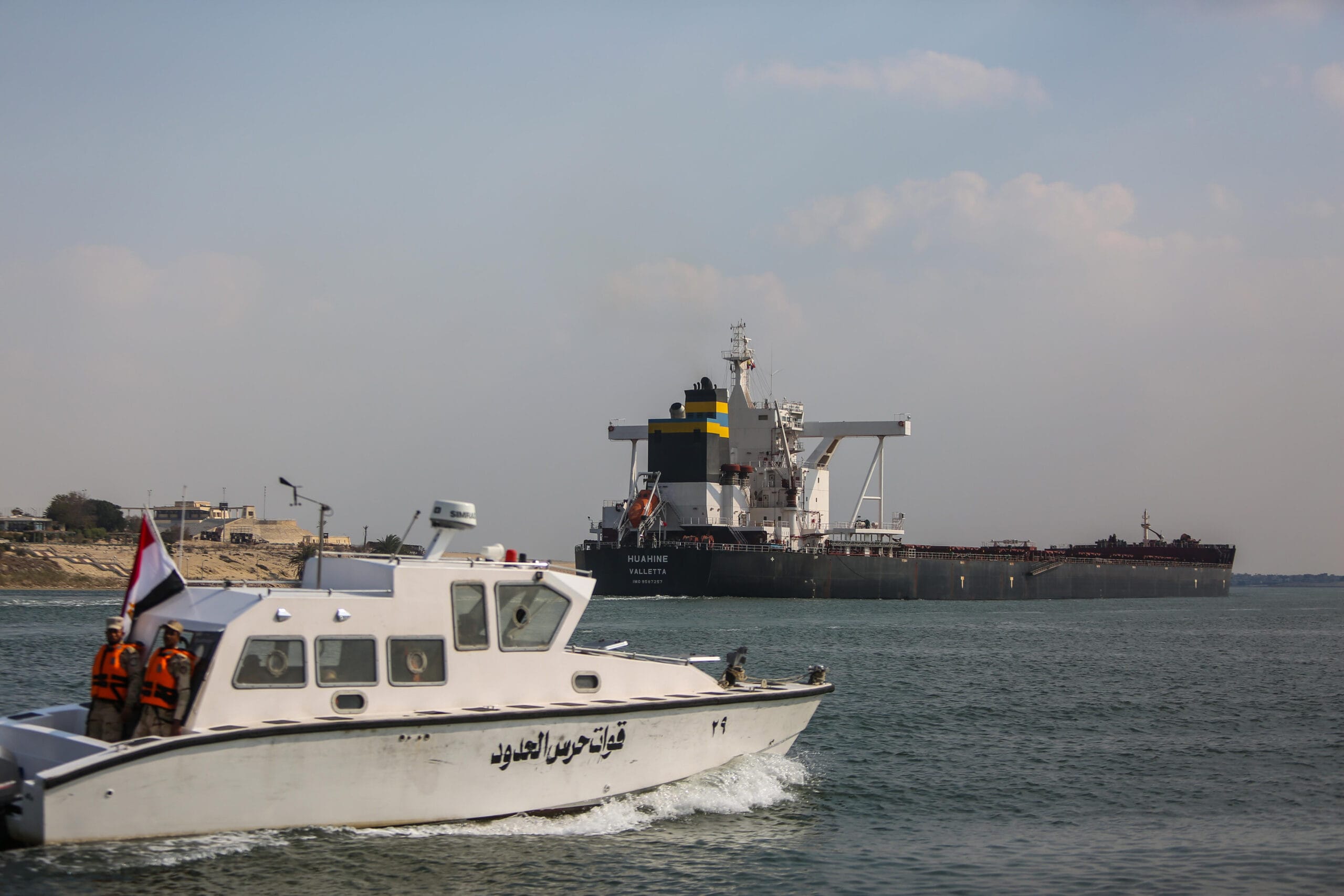The Red Sea has long been a critical maritime route, serving as a conduit for global trade and regional security. Recently, it has become a focal point of geopolitical tensions, particularly involving Israel, the Houthis, and Iran. As Israel seeks to bolster its security in the face of perceived threats, the actions it takes in this strategic waterway could have far-reaching consequences for both the Houthis, a Yemeni rebel group with ties to Iran, and Iran itself, a regional power with vested interests in the area.
Israel’s heightened military presence in the Red Sea is largely a response to the growing influence of Iran and its proxies in the region. The Houthis, who have been engaged in a protracted conflict in Yemen, have received support from Iran, which has enabled them to expand their capabilities and assert control over significant territory. This alliance poses a direct challenge to Israel’s security, prompting the nation to adopt a more aggressive posture in the Red Sea.
One of the most pressing concerns for Israel is the potential for Iranian naval operations in the Red Sea. Iran has demonstrated its ability to project power beyond its borders, and the possibility of Iranian vessels operating in this strategic waterway raises alarm bells in Tel Aviv. Israel’s military strategy includes monitoring and potentially countering any Iranian naval presence, which could be perceived as a threat to its maritime security and trade routes.
In response to these challenges, Israel has conducted a series of military operations aimed at disrupting Iranian supply lines to the Houthis. These operations often involve airstrikes targeting weapons shipments and logistical networks that facilitate the transfer of arms from Iran to Yemen. By undermining the Houthis’ capabilities, Israel aims to diminish the influence of Iran in the region and assert its own dominance.
However, the implications of Israel’s actions extend beyond immediate military objectives. The Houthis, who have successfully resisted Saudi-led interventions in Yemen, may view Israel’s actions as an escalation of hostilities. This could further entrench their resolve and lead to retaliatory measures, potentially destabilizing the already volatile situation in Yemen and the surrounding region.
Moreover, the dynamics between Israel and Iran are complicated by the broader geopolitical landscape. Iran has consistently portrayed itself as a defender of the Houthis and other groups opposing Israeli interests. In this context, any perceived aggression from Israel could be leveraged by Iran to rally support among its allies and bolster its narrative of resistance against Israeli expansionism.
The Red Sea conundrum also raises questions about the role of international actors in the region. The United States, a key ally of Israel, has historically maintained a presence in the Red Sea to ensure maritime security and counter Iranian influence. However, the shifting geopolitical landscape, including the normalization of relations between Israel and several Arab states, adds layers of complexity to the situation. The potential for collaboration among regional players could either mitigate or exacerbate tensions, depending on how each actor perceives the threat posed by Israel’s military posture.
As Israel navigates this intricate web of alliances and rivalries, the implications for the Houthis and Iran will be closely monitored. The Houthis may find themselves in a precarious position, caught between their benefactor, Iran, and the military might of Israel. Their ability to sustain their campaign in Yemen while facing external pressures could determine their future viability as a political and military force in the region.
In conclusion, Israel’s actions in the Red Sea represent a significant shift in the regional security landscape, with potential ramifications for both the Houthis and Iran. As tensions continue to rise, the interplay between these actors will shape the future of the Red Sea and its surrounding territories. The outcomes of this conundrum will not only impact the immediate stakeholders but could also reverberate throughout the broader Middle East, influencing geopolitical alignments and security dynamics for years to come.



